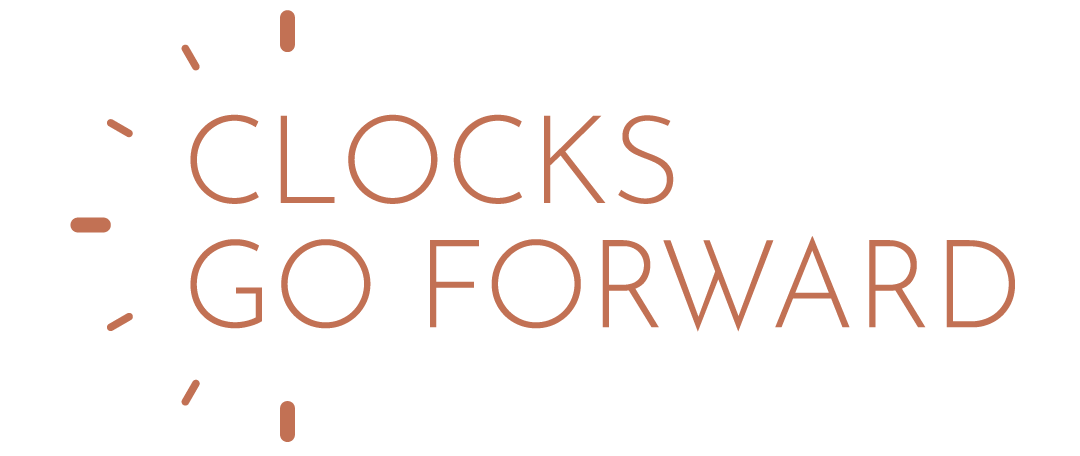
We are getting a new look! Be Back Soon.
Book A Chat
If you are a client, welcome back, and feel free to book a client session any time!
Phone: 204-392-0511
Toll-free: 1-888-486-6492
Victoria's email: [email protected]
Olivia's email: [email protected]
Main office:
178 PTH 12 Unit 6, Steinbach MB R5G 1T7
https://bookwithvictoriarempel.as.me/ - Book Appointment with this Link